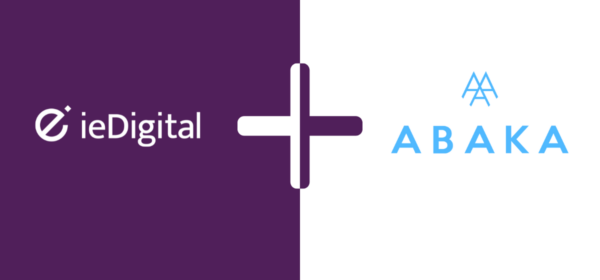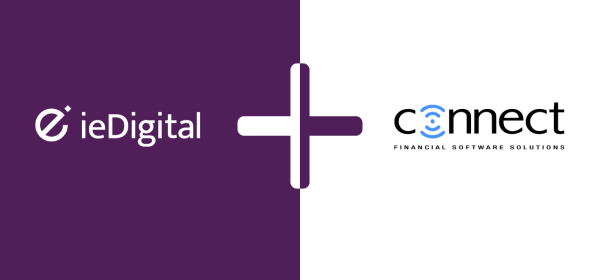According to ieDigital, 75% of students polled, who receive a maintenance loan, feel stressed about the amount of debt they’re accumulating while studying, the effects of which are wide-reaching. 39% said their debt has prevented them from being able to afford their weekly food shop, while 27% have missed rent payments. A worrying 15% have even been chased by debt collectors, demonstrating the severity of the issue.
Psychologically, the debt stress that students experience has impacted various areas of their lives, including relationships (35%), friendships (34%) and exam results (32%). The study highlights that almost three in five students polled (58%) run out of money before their next payment is due, with the average week for student loan funds to run dry being week six. Defying stereotypes of drunken nights and time spent socializing, the top three items students spend their money on were revealed to be rent (78%), food (69%) and utility bills (47%).
To get by, a significant proportion of surveyed students with a maintenance loan now rely on additional sources of income to get through the term, with 65% turning to parents or other family members in times of need. Others rely on their student overdrafts (58%), dip into their savings (27%), incur further debts on credit cards (6%) and even take out payday loans (9%) to help tide them over.
Given the impact of debt stress on students, ieDigital is calling on banks to provide their younger customers with tools designed to help them better manage their finances to help them stay out of debt where possible.
The call to action is supported by the research, which states that 34% of students polled cite their bank as an organization that could do more to help. 66% say debt would be less stressful if their bank offered access to a digital money management tool or app to help them manage their maintenance loan incomings and outgoings, and almost half (48%) believe they would be less likely to go into debt in the first place if they had access to this type of tool.
David Webber of ieDigital says: “The fact that students are taking on further debts such as credit cards, overdrafts and even payday loans to repay the money they already owe, is worrying. Debt can have a devastating effect on people, impacting everything from exam results to relationships with partners, family and friends. Banks need to be doing more to assist students in managing their finances responsibly to help them get through university without having to resort to more forms of borrowing.
“As younger generations look for digital solutions to keep on top of their spending and debt repayment levels, banks need to adapt and provide students with the digital tools to improve their relationship with money. This will help them keep on top of outgoings and monthly budgets. Greater visibility around spending habits will make people more aware of their bank balance, making it harder for them to go into debt unnecessarily.”
Shelly Asquith, National Union of Students vice president (welfare), said: “Students are being mounted with colossal levels of debt that are increasing year on year. The NUS is concerned about the impact this has on the likelihood of working class students applying to university. We also believe that increased poverty and debt is a major factor in the sharp increase of students experiencing mental ill health.
“NUS research also shows that almost 60% of graduates still have existing debts left over from their degree, most commonly bank overdrafts, credit cards and loans from friends and family.”
Case study
Fionnuala Allen, a second-year nutrition student at Manchester Metropolitan University, says that although she loves university, she is regularly stressed by her finances: “I receive the maintenance loan and work around 30 hours a month, but most of my money goes to rent, food and utilities. My maintenance loan runs out really quickly and my job is a zero-hours contract, so I can only work when there are shifts available. I regularly go into my student overdraft to get by, and in the past I’ve had to borrow money from my dad. Before Christmas, I had to ask my estate agent if they were OK with me paying my rent a month late. My housemates and I were also on a diet of rice and peas for a week, because it’s cheap and you can buy it in bulk.
“People assume students spend their money on nights out, but I regularly have to choose to not go out, just so I can buy food. I’ve also had to miss classes and delay assignments when shifts become available, and I have to take them when I can. It’s really stressful having to constantly think about money when I should be focusing on my studies. Having to worry about this kind of thing really takes its toll sometimes.”
Miss Allen adds that extra information and tools about managing money would really help: “We weren’t taught how to manage our finances at school, and instead of my bank sending me information about how to manage my money, I’m sent credit card application forms. I’d much prefer to be able to better manage my money using proper budgeting tools.”
Find out more about ieDigital’s debt recovery and collection solution.














